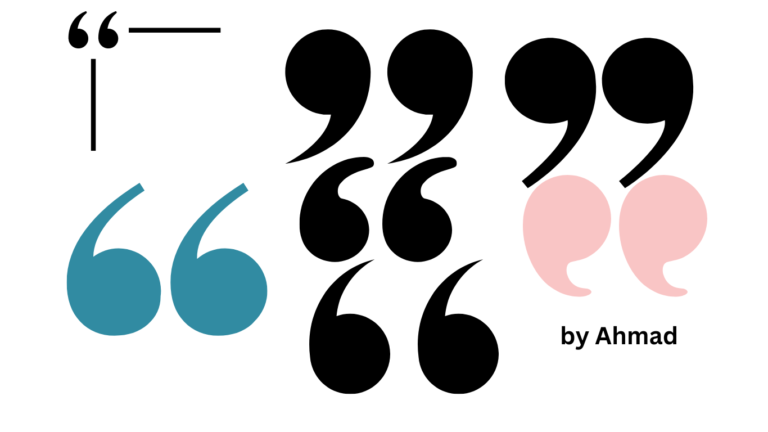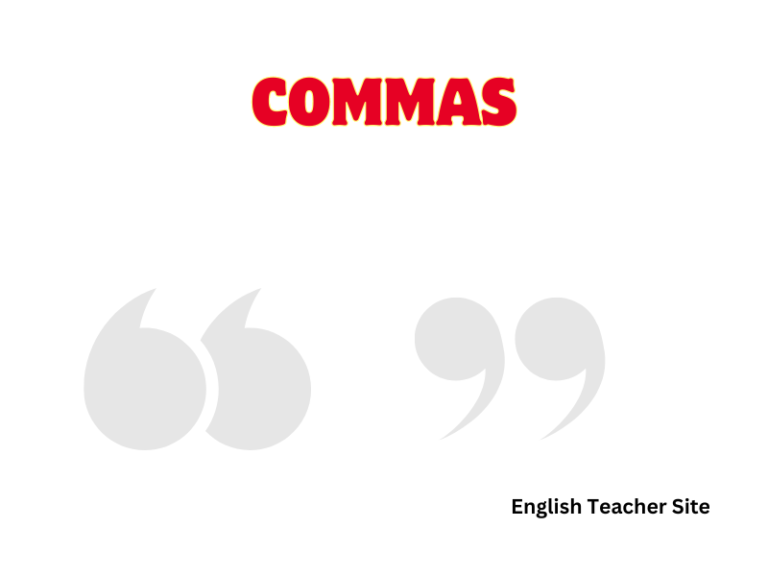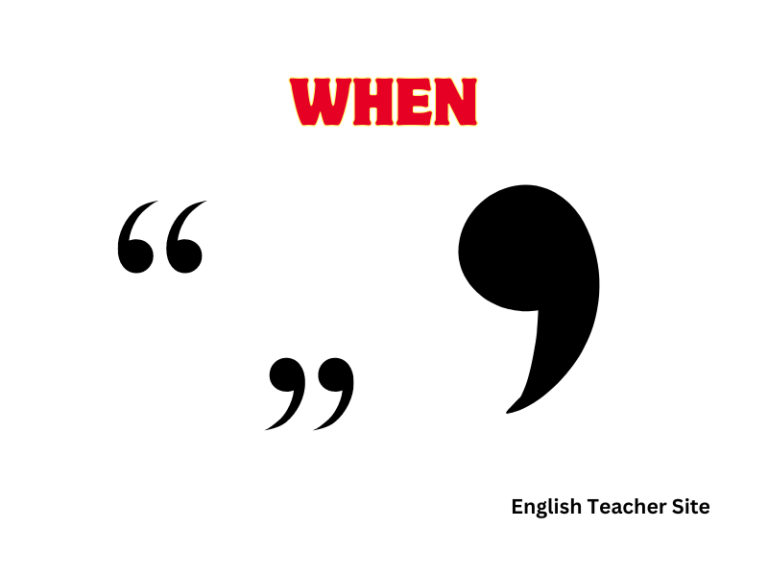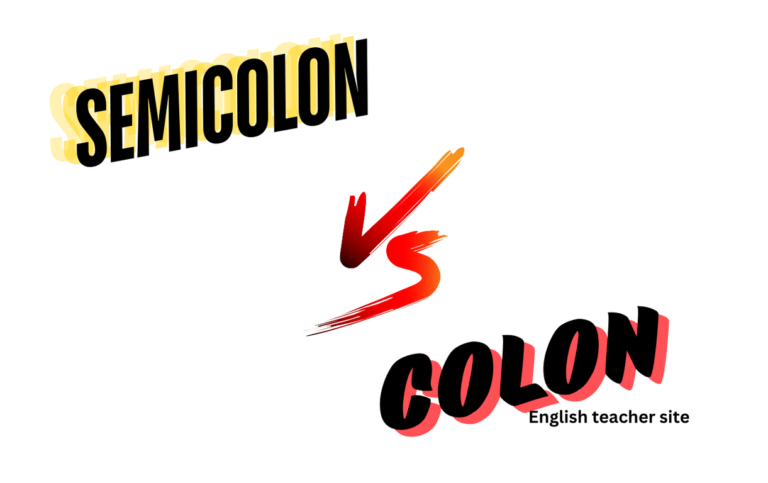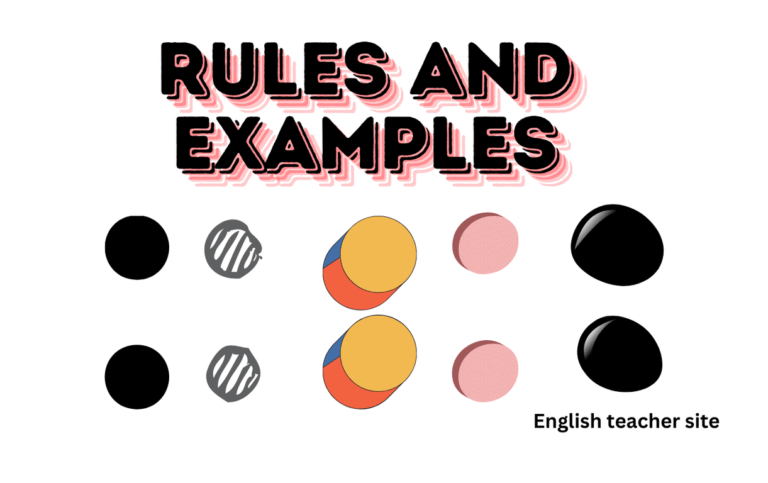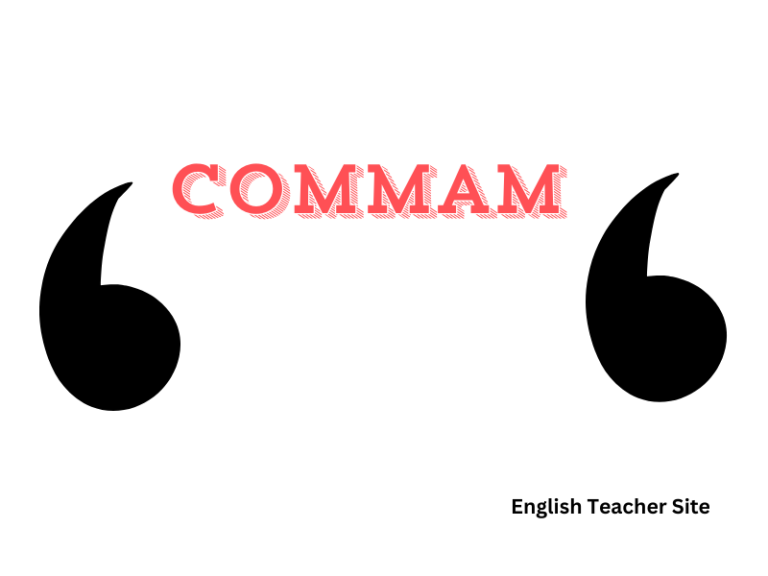Abstract Nouns vs Concrete Nouns: Understanding the Differences

Abstract nouns refer to concepts, feelings, qualities, or ideas that cannot be detected with the five senses. They represent intangible elements such as emotions or concepts—things like justice, bravery, or happiness. Abstract nouns form the backbone of our communication when discussing anything that does not have a physical presence.
In contrast, concrete nouns identify objects or entities that can be experienced through the senses. These are the nouns that describe things we can see, touch, hear, smell, or taste. Think of objects such as a flower, guitar, or rainbow. They are tangible and provide the words that shape much of our day-to-day descriptions of the physical world around us.
- Abstract Nouns: Ideas, emotions, concepts (e.g., freedom, sorrow).
- Concrete Nouns: Physical objects, people, places (e.g., apple, city).
Concrete Nouns Explained
Concrete nouns represent tangible entities that can be experienced through the five senses: touch, sight, smell, hearing, and taste. This section will detail the defining characteristics, methods for identifying, and examples of concrete nouns.
Characteristics of Concrete Nouns
Concrete nouns are identifiable as:
- Physical objects: They have a material form that can occupy space and be interacted with physically.
- Perceptible through senses: Individuals can see, touch, smell, hear, or taste them.
Identifying Concrete Nouns
To determine whether a noun is concrete, one should:
- Consider if the noun can be detected using any of the five senses.
- If it can be measured or quantified in some way, it is likely concrete.
Table of Contents: Characteristics & Identification
- Tangibility
- Sensory Experience
Examples of Concrete Nouns
Here are categorized examples of concrete nouns:
| Animals | Furniture |
|---|---|
| cat | chair |
| dog | table |
| Objects | Places |
|---|---|
| ball | city |
| book | river |
In summary, concrete nouns include a vast range of physical objects and entities like people, animals, and furniture, all of which can be recognized by the senses.
Abstract Nouns Explored
Abstract nouns represent intangible concepts that cannot be detected with the senses. They embody ideas, states of being, and qualities that do not have a physical form.
Characteristics of Abstract Nouns
- Intangibility: Unlike concrete nouns, abstract nouns cannot be experienced through the five senses.
- Conceptual Nature: They often denote an idea, feeling, or state rather than a tangible object.
- Linguistic Function: In sentence structure, they play the same grammatical role as concrete nouns.
Identifying Abstract Nouns
To recognize an abstract noun, one considers whether the noun represents something that cannot be seen, touched, heard, tasted, or smelled. For instance:
- Emotions/States: Love, anger, peace.
- Ideas/Concepts: Freedom, justice, beauty.
- Qualities/Attributes: Bravery, strength, happiness.
Examples of Abstract Nouns
Table of Contents: Abstract Nouns in Context
| Emotional States | Philosophical Concepts | Time-Related Nouns |
|---|---|---|
| love | freedom | eternity |
| sadness | justice | moment |
| happiness | existentialism | decade |
- Intangible Things: These abstract nouns refer to things that do not have a physical presence like peace or liberty.
- Philosophical Concepts: Often more complex, these include notions such as existentialism or altruism.
Grammar and Usage
The mastery of grammar and usage is crucial for distinguishing between concrete and abstract nouns. This section examines the rules and applications that govern the use of these nouns in English.
Grammar Rules for Nouns
Understanding the classification of nouns is essential:
- Concrete Nouns: These are nouns that can be perceived with the senses.
- Abstract Nouns: These are nouns that represent concepts, qualities, or ideas that cannot be sensed.
| Noun Type | Examples |
|---|---|
| Concrete Nouns | table, noise, apple, flower |
| Abstract Nouns | freedom, love, justice |
Concrete nouns can be countable or uncountable, while abstract nouns are usually uncountable.
Usage of Abstract and Concrete Nouns in Writing
When using these nouns, one must decide on specificity and tangible quality:
- Abstract nouns add depth to writing by conveying feelings, concepts, and qualities.
- Concrete nouns ground the reader in the physical world, enhancing imagery and understanding.
Writers must balance the use of abstract and concrete nouns to create clear and compelling narratives.
Punctuation and Articles with Nouns
When constructing sentences with nouns, keep these points in mind:
Punctuation:
- Use commas to separate items in a list when there are three or more items.
- No commas are usually needed before or after the noun itself.
Articles:
- Use “the” with both abstract and concrete nouns when they are specific.
- Use “a” or “an” with concrete nouns when they are nonspecific.
| Noun Type | Definite Article | Indefinite Article |
|---|---|---|
| Concrete Nouns | The dog chased the ball. | A dog chased a ball. |
| Abstract Nouns | The love she felt was strong. | – |
Remember that articles are not typically used with uncountable abstract nouns.
Practical Exercises
To effectively distinguish between abstract and concrete nouns, one must engage in practices that solidify their understanding. Interactive and self-assessment materials can greatly enhance a student’s grasp of the topic.
Interactive Examples
Students will benefit from exploring interactive examples where nouns are presented in contexts, prompting the identification of whether they are abstract or concrete. Here is a structured approach to interactive learning:
- Identification: Students are given sentences and asked to identify nouns within them.
- Classification: The identified nouns are then classified as abstract or concrete.
Examples of Abstract Nouns:
- Love
- Freedom
- Bravery
Examples of Concrete Nouns:
- Book
- Apple
- Building
Advanced Concepts
In delving into the nuances of abstract nouns and concrete nouns, one can appreciate the depth of language and concept categorization. The discussion encompasses philosophical debates and the dynamic nature of language development.
Philosophical Considerations of Abstractness
Philosophy and logic often grapple with the abstractness inherent in language. Abstract nouns represent intangible qualities or ideas that exist beyond our sensory experiences. Philosophical discourse examines these concepts, questioning the nature of their existence:
- Are they independent of human thought?
- How do they interact with the material world?
An example table of pertinent philosophical concepts:
| Philosophical Concept | Relation to Abstract Nouns |
|---|---|
| Platonism | Posits abstract nouns as real entities in a non-physical realm |
| Nominalism | Argues that abstract nouns are mere linguistic conveniences without independent existence |
Language Evolution and Abstract Concepts
Language, as it evolves, mirrors developments in human thought and society. This evolution often manifests in the creation of new abstract concepts:
- Technological advancements: lead to new terms for digital phenomena.
- Social changes: generate language for contemporary social constructs.
For instance, the term ‘cyberspace‘ had no meaning before the advent of computers and now represents a non-physical domain navigated daily.
Abstract nouns in the arts, like music or voice, demonstrate the dynamic interplay between the sensory and non-sensory:
- In music, terms such as harmony or rhythm denote structured, auditory patterns with abstract qualities.
- A voice can deliver sound that conveys complex emotions and messages, transcending mere acoustic signals.
My name is Khamis Maiouf. I am the creator of the English Teacher Site, dedicated to providing valuable resources and insights for students around the world. With a passion for education and a commitment to helping students enhance their skills, I aim to make English teaching more effective and enjoyable for both educators and students.

